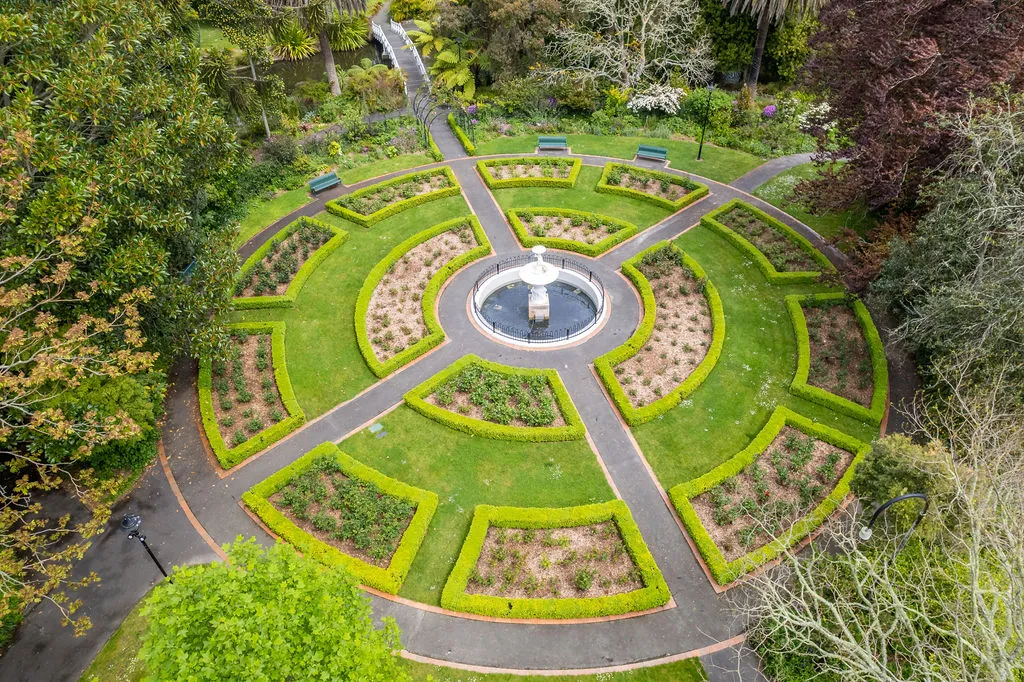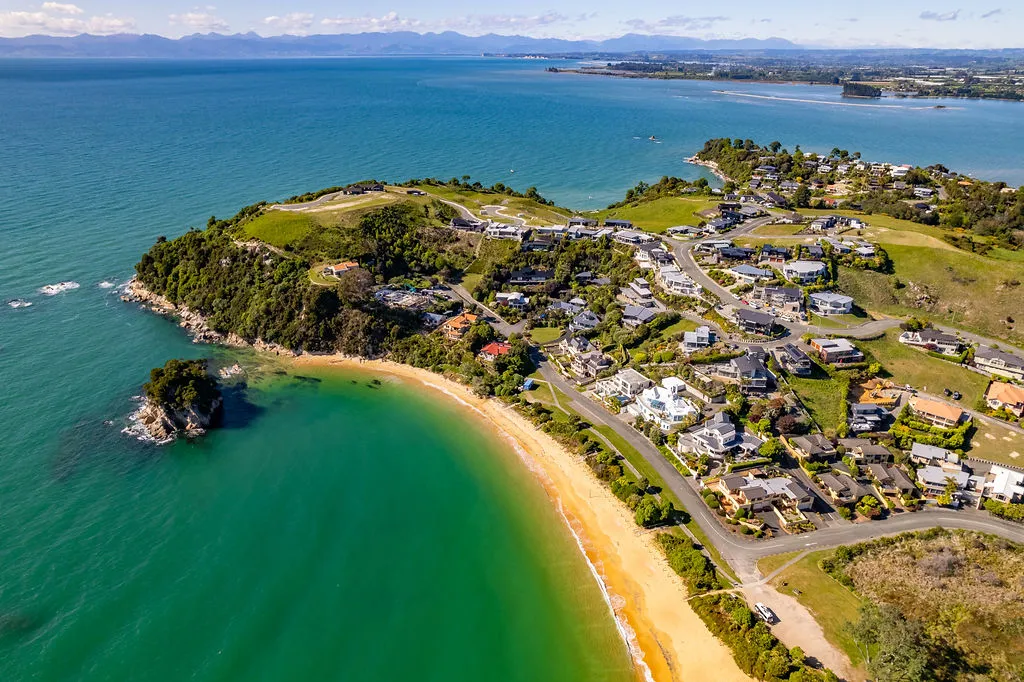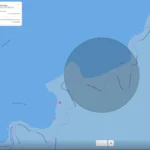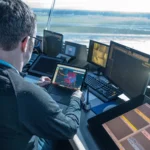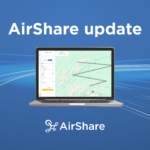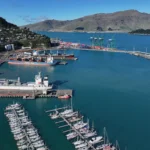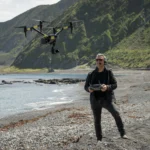In this operator spotlight profile, James Winch, owner of Love Your Home Photography, answers some of our questions about his work in the real estate photography industry and his use of AirShare to keep the skies safe.
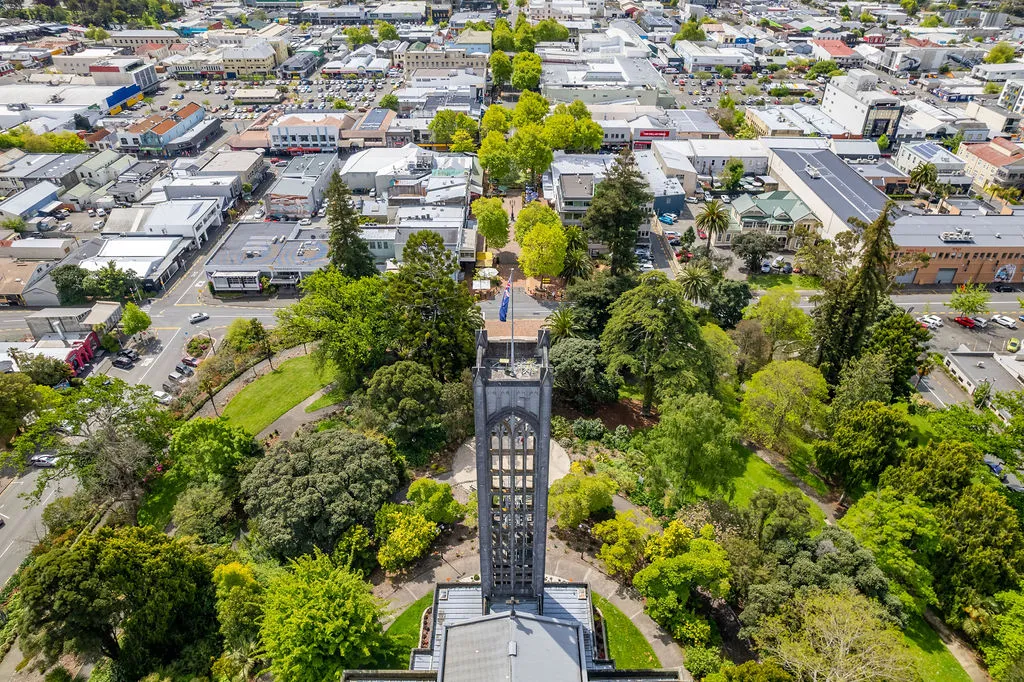
Tell us a bit about your business and your use of drones?
I specialise in house photography and videography, and have a focus on real estate photography. Drone usage plays a vital role in the work I do through capturing aerial panoramas, video and still shots.
I photograph mainly for Tall Poppy Real Estate, Welcome Real Estate and First National Connect in Nelson/Tasman area. I use the drone for getting the best angle to portray the houses which will soon come onto the market. I also use it to take aerial drop-down views so buyers can see the boundary lines. This is vital when photographing sections.
I work in the commercial and residential markets. I am the owner of Love Your Home Photography and specialist in quality imagery. Drone photography and videography has changed the ease of being able to capture homes and commercial properties with minimal fuss. Making sure any drone work strictly follows Civil Aviation Authority (CAA) rules gives the public better confidence of UAVs.
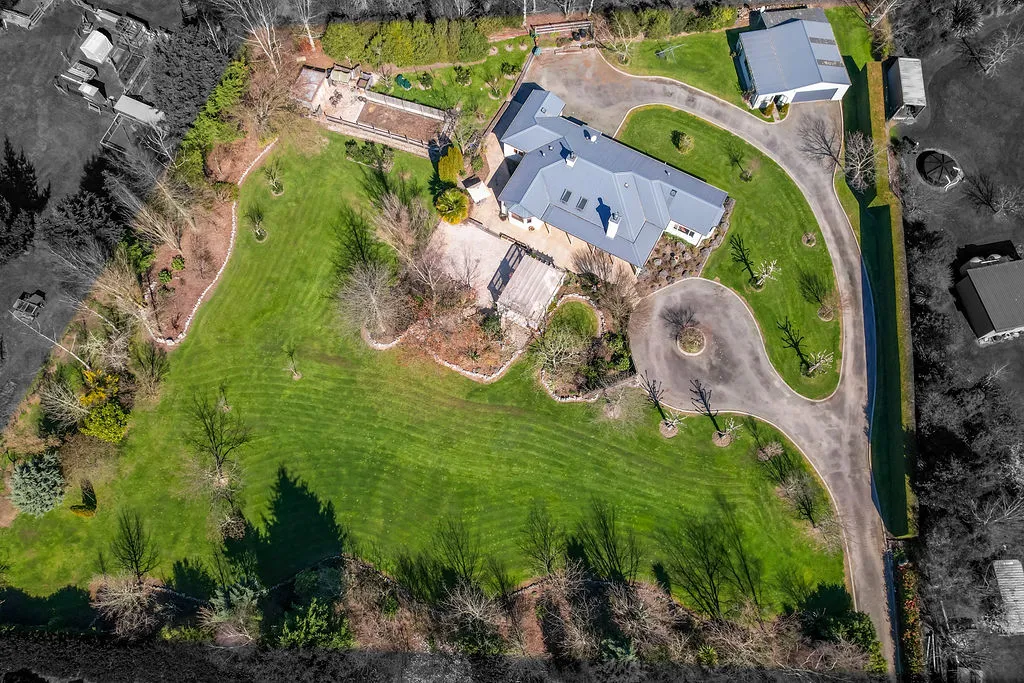
How do you ensure safety during your drone operations, and what are some of the biggest safety challenges you face?
Safety is paramount – I have two drones to ensure this. One of them is for challenging weather conditions such as strong winds, and the other is for more favourable conditions.
The biggest safety challenge I face is the location of the airport in Nelson as just about everything is within a short 4km of the airport. Another challenging thing I face is navigating power lines.
How do you see the role of drones evolving over the next five years, especially in your area of expertise?
Drone usage will continue to play a vital role in real estate photography. Over time, the imagery will only improve, and smaller drones will make inside shots something special. In fact, some operators are already flying the small drones inside homes for stable video.

“AirShare provides me with security.”
How long have you been using AirShare to log your flights, and how many flights have you logged?
I have been using AirShare for four years. While I’m not sure of the exact number of flights I’ve logged, it would have to be in the hundreds as I’m a regular AirShare user.
How has your use of AirShare supported the safety and success of your business?
I 100% use AirShare as it provides cover for me in case anyone questions why I am flying. It also helps my relationship with the control tower, as they know I am reliable and keep everything above board.
AirShare provides me with security – I know that if anyone complains to the police or the CAA about drone operations, that I’m contactable and have evidence of my flight plan. Also, with a lot of my flights around the local airport flight path, I know that I’m flying within the safe zone. Having drone footage gives me the edge to get those elevated shots to showcase a home.
Overall, I’m a strong believer in educating about safe drone operations. I often show my clients the AirShare app and explain why it’s important. It’s all good education for the public that licensed drone operators can be trusted and are accountable.
What advice would you give to new drone pilots, around ensuring safe drone operations in New Zealand?
Always use AirShare when logging a flight, no matter where it is. I would also say to do a 101 course and ask for help if you are unsure. It is crucial to always follow the rules – don’t be tempted to bypass them for any reason! They’re in place to keep ourselves, others and our surroundings safe.
